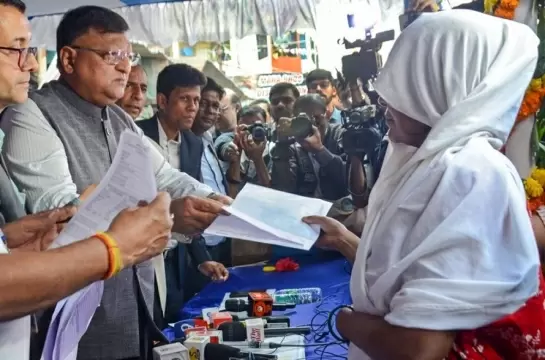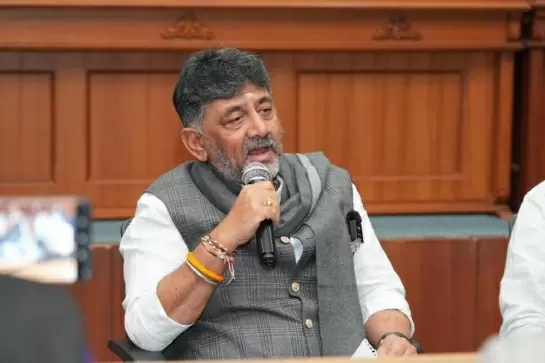Pathways to Permanence: Need for a strong disaster resilient housing policy (Comment)
05-October-2019
As climate cycles become unpredictable and weather patterns turn volatile, large sections of the Indian population are becoming vulnerable to natural disasters like flash floods and earthquakes. The displacement of communities on account of natural calamities like rain-triggered floods has assumed catastrophic proportions in ecologically sensitive zones (ECZs) across the country.
Rehabilitating displaced communities and restoring normalcy in their life is of paramount importance in the aftermath of a natural disaster. Safe, decent shelter provides the platform upon which much of post-disaster assistance is built: health, water, sanitation, livelihoods, safety, education and so on. The need of the hour is to build nation-wide ‘pathways to permanence' focused on placing the disaster-affected families on a path to durable, permanent and sustainable disaster resilient shelter solutions.
While responding to natural disasters, a phase-wise disaster management approach is required as there are multiple pathways toward permanent, durable shelter. In the initial phase of ensuring immediate relief, government agencies like the National Disaster Management Agency (NDMA) provide the first level of on-ground rescue and relief operations. The nodal agency responsible for disaster management operations in the country helps in the provision of essential supplies and basic necessities like food, water, medicines and clothes. NDMA also plays an instrumental role in setting up relief camps and emergency community dwellings for ensuring safety and security of families and prevention of any outbreak of diseases. NGOs also support the rescue and relief operations through the provision of humanitarian aid kits, clothing, clean water, hygiene material and other essentials.
In phase two of the relief effort, relief agencies like NGOs and grassroots-level local self-governance bodies like Gram Panchayats are involved in setting up transitional shelters to support the displaced families. In the final phase of development work, leading disaster response organizations undertake home repairs, core house construction, disaster mitigation training at the community level to help families rebuild their lives.
There is a need to constitute a Rapid Response Disaster Financial Pledge - a financial commitment required to support a disaster response initiative. The seed capital for the pledge can be provided by the government. Socially responsible corporates can come forward and pledge a part of their CSR (Corporate Social Responsibility) spend towards the fund.
The startup fraternity in the country also needs to be increasingly engaged in helping displaced communities through technological support. The emphasis should be on gathering real time data, building prefabricated, sustainable and cost effective shelters and sanitation units. The government should come up with schemes to incentivize such startups to formulate innovative housing solutions for disaster-affected populations.
In any disaster situation, families and communities should not be viewed as victims of a disaster, but as partners in their redevelopment process. Interventions in either a development or disaster response setting are more successful when the affected population participates in the decision-making process. During the flash floods in 2018 that affected millions of families in Kerala, the participation of the government, local authorities and the community played a vital role in rebuilding the lives of people. Key agencies like urban local bodies, corporates and NGOs complimented in the state disaster providing relief to millions of families affected by the floods.
The term Pathways to Permanence refers to the process of reducing vulnerability and supporting disaster-affected families and communities using holistic program interventions that enable incremental progress toward the achievement of permanent, durable shelter and settlements. Government agencies, non-govermental organisations (NGOs), the corporate sector and the community have a crucial role to play in disaster response.IANS
Opposition Moves to Impeach Justice G R Swaminathan; Kanimozhi Cites Loss of Public Trust
Akhilesh Yadav Slams Centre, Yogi Govt Over Pollution And SIR Drive
PM, HM Set Out To Become Historians But Became ‘Distorians’: Jairam Ramesh
Under-16s Blocked From Social Media In Australia As Ban Comes Into Force
Armed Man Arrested At Vijay’s Puducherry Rally Venue, Security Tightened









